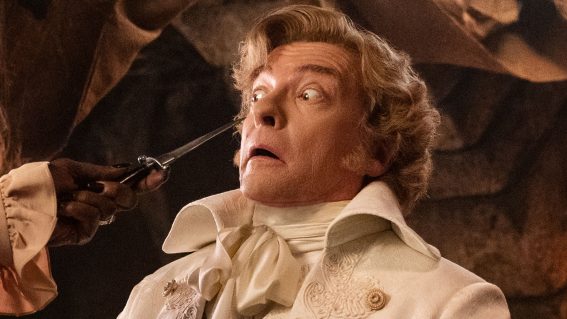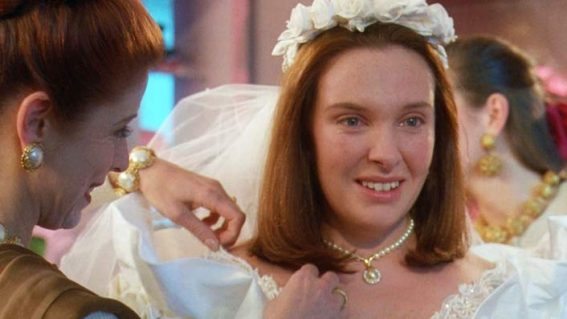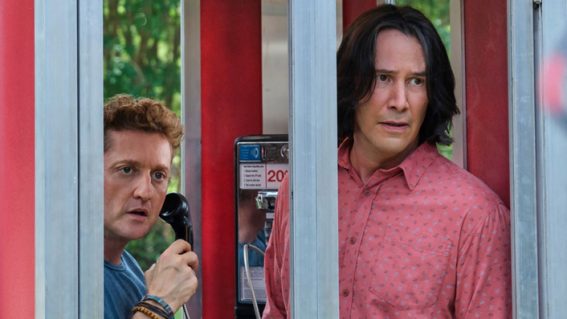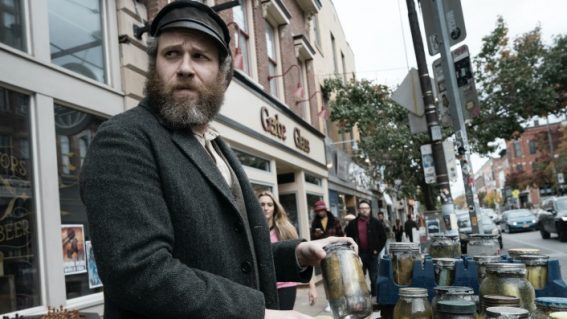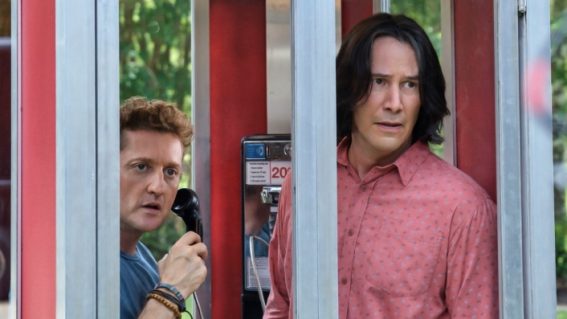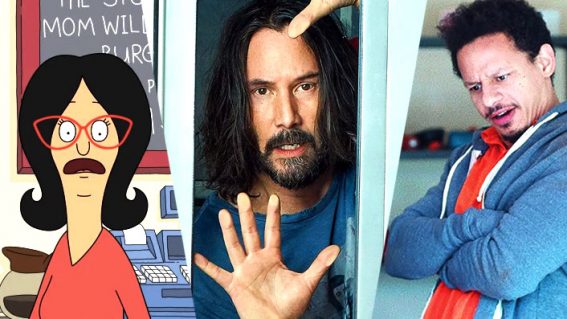The Happytime Murders is an unexpectedly sad and touching tragedy
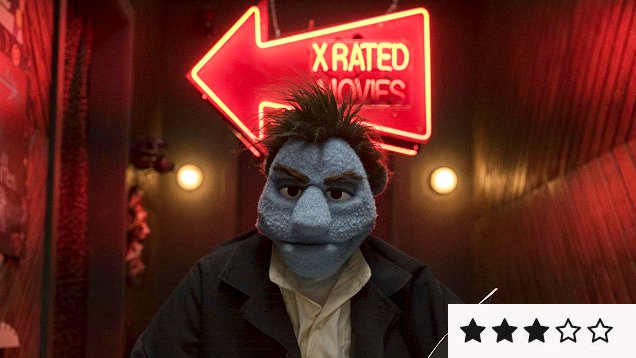
The Happytime Murders takes place in a world in which sugar is to puppets what crack is to people. In a dark den tucked away in a slummy neighbourhood where, as narrator Phil (voice of Bill Barretta) intones in quintessential noir style, “the sugar is cheap and the sex is cheaper”, a semi-comatose junkie snorts sweet stuff off a urine-covered hand mirror. Outside skimpily dressed sex workers are desperate to turn tricks for chump change.
There are many melancholic messages in director Brian Henson’s off-the-wall film, which uses very Muppet-like puppets (the filmmaker is the son of Muppets creator Jim Henson) to ruminate on xenophobia and discrimination. But none so finely evoke the sentiment that what we loved as children may be (or come to represent) poison as adults.
This is a salient message because Henson and screenwriter Todd Berger are constantly finding ways to prick the bubble of nostalgia. The very existence of innocuous-looking felt and furry creatures is a way of needling the inner child and dumping on our memories. The Happytime Murders was advertised with the tagline “No Sesame, all Street,” which was very successful bait – among other things prompting a lawsuit from the producers of Sesame Street.
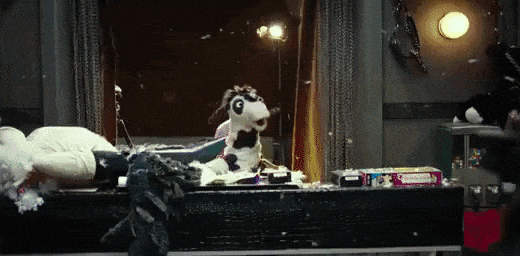
The film has been marketed as a comedy but it’s more effective as cynical and sardonic social commentary, about the present as an out-of-control party and nostalgia a terrible hangover. It is full of characters sorry for their actions and yearning for things they have lost. The title refers to a corny TV sitcom called The Happytime Gang, which, like Horsin’ Around from BoJack Horseman, signifies an idyllic fantasy past antithetical to current times.
We learn that The Happytime Gang was the first puppet television show popular with humans, potentially bridging the gap and encouraging harmony in a discordant world. This is particularly bittersweet given the key cast members (now over the hill) are being tracked down and murdered, including a cute plump bunny rabbit gunned down while shopping for porn. Phil is the gumshoe tracking down the killer. He used to be a cop – the first puppet police officer – but his career ended in disgrace when he accidentally killed a civilian.
Phil grudgingly teams up with Detective Connie Edwards (Melissa McCarthy), like Whoopi Goldberg and her anthropomorphised T. Rex partner in the 1995 direct-to-video curio Theodore Rex. But try as he might, Henson cannot make the buddy cop comedy work. There is an entire reality separating the two leads and man, you can feel it.
The puppets hinder rather than help the delivery of gags. Melissa McCarthy is rubber-faced and sprightly but her fleece and fur-covered co-stars, with their huge mouths and bulging eyes, are fixed in single emotions, as if their souls have been frozen. This has a stultifying effect that, coupled with the precisely rehearsed movements of the puppeteeers, strips the film of spontaneity.
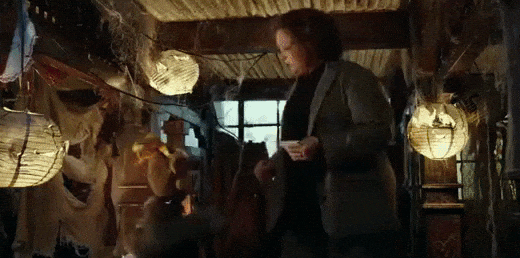
On a stakeout, Connie stumbles into a room where two puppet children cower in the corner: one with a single eye and the other with three. This sight – eerie rather than funny – prompts a dialogue joke (Connie’s description of the scene as “Children of the Corn” confuses Phil) but the shock of the moment lingers, muting the humour. The Happytime Murders is a tragedy trapped inside a comedy, and a comedy that can’t stop being tragic.
Its lewdness isn’t riotous, like Peter Jackson’s deranged classic Meet the Feebles. As representations of ‘the other’ the puppets don’t have the slaphappy charm of the toons in Who Framed Roger Rabbit? (also a neo-noir story). And the cynicism of the film doesn’t reflect a balanced view of human behaviour, unlike the underrated kids TV satire Death to Smoochy.
Even the sight gags – including an ejaculation scene certain to be the envy of Sacha Baron Cohen, who wallowed in elephant seed in Grimsby – aren’t the rib ticklers that were seemingly intended. A terrible sense of sadness at the core of The Happytime Murders is deepened by the misfiring of many jokes. This might not win the film plaudits for comedic cunning, but it fits hand in semen-stained glove with Henson’s core message: that something great somewhere along the line has been lost.





